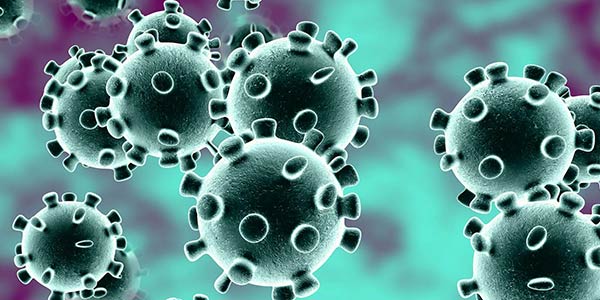The headlines flooded with news on coronavirus again, as WHO designated a new variant as the ‘variant of concern’ on 26 November 2021.
[the_ad id=”14222″]
The new variant B.1.1.529, named Omicron is tagged concerning by the Technical Advisory Group on Virus Evolution (TAG-VE). TAG-VE is an advisory body to the WHO. Based on some recent evidence presented to the TAG-VE, where Omicron’s several mutations have been highlighted, the tagging has been done. Mutations of a virus affect how it behaves: how easily it spreads or how severe will be the illness it causes.
What do we know about Omicron?
Researchers all around the world and especially those in South Africa are probing into more scientific questions to better understand more about Omicron.
Our current knowledge around the following topics is limited:
Transmissibility: The dread around new variants is that some variants spread more easily from person to person compared to other variants. As of now, it is unclear whether Omicron is more transmissible.
After coronavirus has mutated as Omicron, there is a rise in the number of individuals testing positive in areas of South Africa affected by this variant. However, epidemiologists are still finding out if it is because of Omicron or some other factors.
Severity of disease: We still do not know whether infection with Omicron causes more severe disease as opposed to that with the other variants, including Delta. There are some reports of increase in rates of hospitalization as per preliminary data available. However, this could also be due to the increase in overall number of COVID-19 cases, and is not necessarily a result of infection with Omicron, in particular.
Symptoms: Data available at present does not suggest that symptoms associated with Omicron are any different from those caused by other variants.
It must be remembered that all variants of COVID-19, including Omicron and Delta (which is dominant worldwide) can lead to severe disease or death. The severity and death rate is high in the most vulnerable people. Thus, prevention is always of prime importance.
What has changed?
- Structure: Omicron variant more mutations than the Delta variant in gene sequencing studies. Many of the 26 unique mutations are in regions targeted by vaccine antibodies, which is concerning.
- Reinfection: There is an increased risk of reinfection with Omicron compared with other highly transmissible variants, according to the WHO based on early evidence. This means people who have had Covid-19 and recovered could catch it again. Hence, it is important that community spread of Omicron should be prevented.
What has not changed?
- Test: RT-PCR will still detect Omicron variant
- Vaccines: remain to be still effective, to reduce severity and death rate
- Treatment: Steroids and IL6 receptor blockers will still be effective for managing the new variant, WHO assures. Given that the virus has changed quite a lot, some other treatments are being assessed to see if they are still as effective.
What we need to do:
Like for other variants, prevention is the key to reduce spread. Here are the steps to follow:
- Keep a physical distance of 2 or at least 1 meter from others.
- Wear a mask that fits well.
- Keep windows open to improve ventilation.
- Avoid poorly ventilated areas or crowded spaces
- Keep cleaning hands often
- Cough or sneeze into a tissue or a bent elbow
- Get vaccinated at the earliest, if not vaccinated already
WHO anticipates that some more vital information on Omicron should emerge in the coming days and weeks as the TAG-VE continues to monitor the effects of mutation in the behavior of the virus.
Even with Omicron on the rise, there is no need to be afraid if we continue with preventive measures relentlessly and religiously.

Dr. Mamta Lele- Pawara
(MD Ayurveda-Internal Medicine, CRAV-Kayachikitsa, MA Sanskrit)
